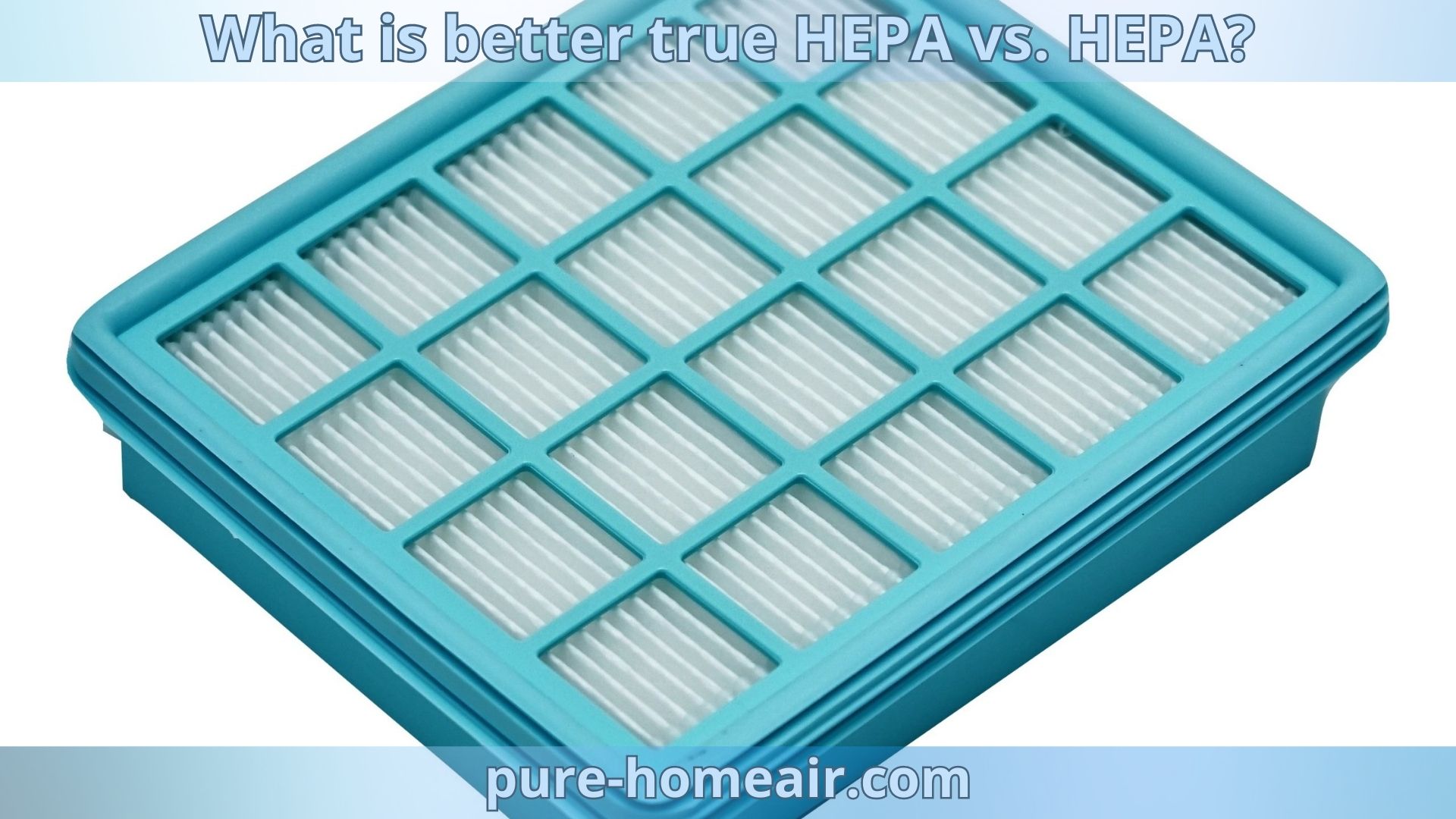What is better true HEPA vs HEPA? Air purifiers turned into essential devices in many people’s everyday lives during the years of the COVID-19 outbreak. Air purifiers have been great helpers in cleaning contaminants and providing fresh air.
On the other hand, many companies present a variety of portable air filters. Current air purifier provides clean air and work as designer pieces for modern homes. Not only can you have access to an air filter with increased filtration efficiency, but you can also choose an air purifier according to your aesthetic preference.

Air purifier usage is no longer confined to one area but also in different spaces. Air filter devices are accessible for personal utilization due to new updates in design. You can elevate the indoor air quality wherever and whenever. One of the most known versions of air filters are HEPA filters and HEPA-type filters.
Although there are a few different types of effective filters, we would like to discuss HEPA filters in this article.
What is a HEPA filter?
The word HEPA stands for high-efficiency particulate air. HEPA filters work with special carbon filters which capture harmful airborne particles. A typical HEPA filter is known to capture ultrafine particles less than 0.3 microns.
At first, HEPA filters were used only in the medical field. However, with the drastic rise in demand for air purifier usage, the HEPA filter gained worldwide popularity.
According to researchers, HEPA performance provides clean air and prevents respiratory and heart disease. At present, HEPA filters stand at the top of the air filtration.

Due to the immense resonance in the industry, HEPA filters soon became a standard.
Nowadays, air filters are evaluated according to a HEPA standard.
Shortly after, air conditioning engineers began implementing HEPA-designed filter systems in industrial processes. This way, the HEPA filters gave rise to a generation of HEPA-type filters.
HEPA-type filter is equipped with a 3-stage filtration system like HEPA filter purifiers.
Although seemingly similar in structure, the two approaches differ in some aspects.
Modern medical-grade HEPA filters are equipped with dense fibers and a membrane layer. This way, the filter captures even finer compounds, producing healthy air.
HEPA filter vs. HVAC system?
A group of investigators conducted scientific research on the HEPA filter. The scientists used air-quality appliances to determine the size of the particles captured by the HEPA filter.
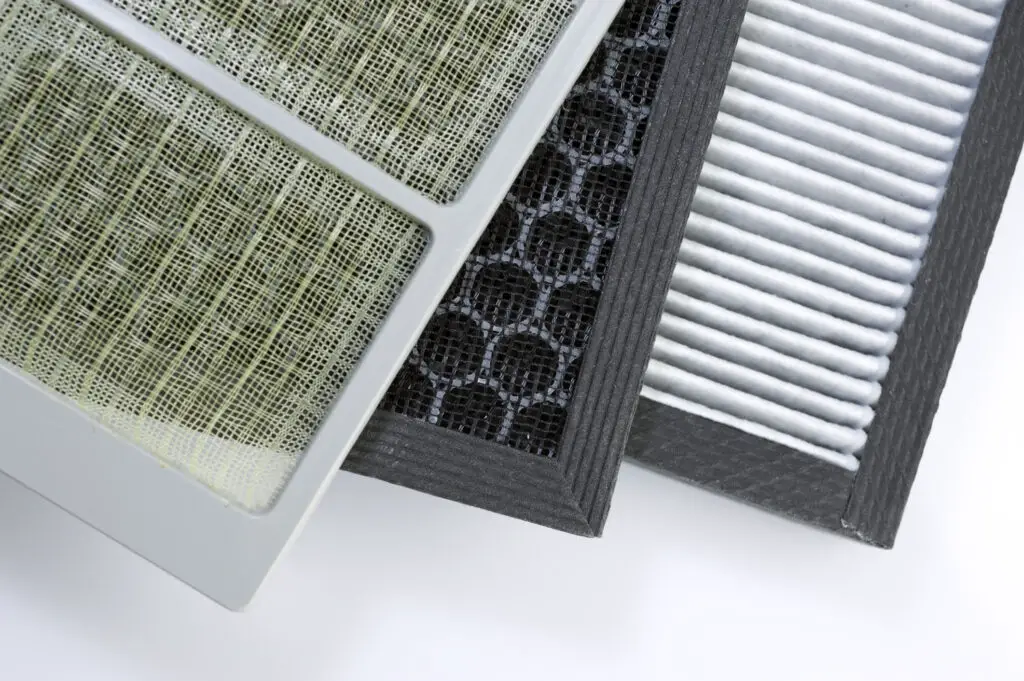
According to the MERV rating, the harmful airborne particles vary in size from 50 to 0.3 microns. The research concluded that HEPA-designated filter systems catch 99.7% of the said pollutants.
The list includes larger particles such as plastic fibers, hair to smaller ones such as viruses and even harmful gases.
HEPA filter work is based on direct impaction with fine particles. A modern HEPA filter comes with a mechanical filter and borosilicate glass fibers capable of catching fragments varying from the most penetrating particle size (from 500 microns to 30 microns) to ultrafine compounds.
The reported particle sizes tested were less than 0.3 microns, proving a very high removal efficiency.
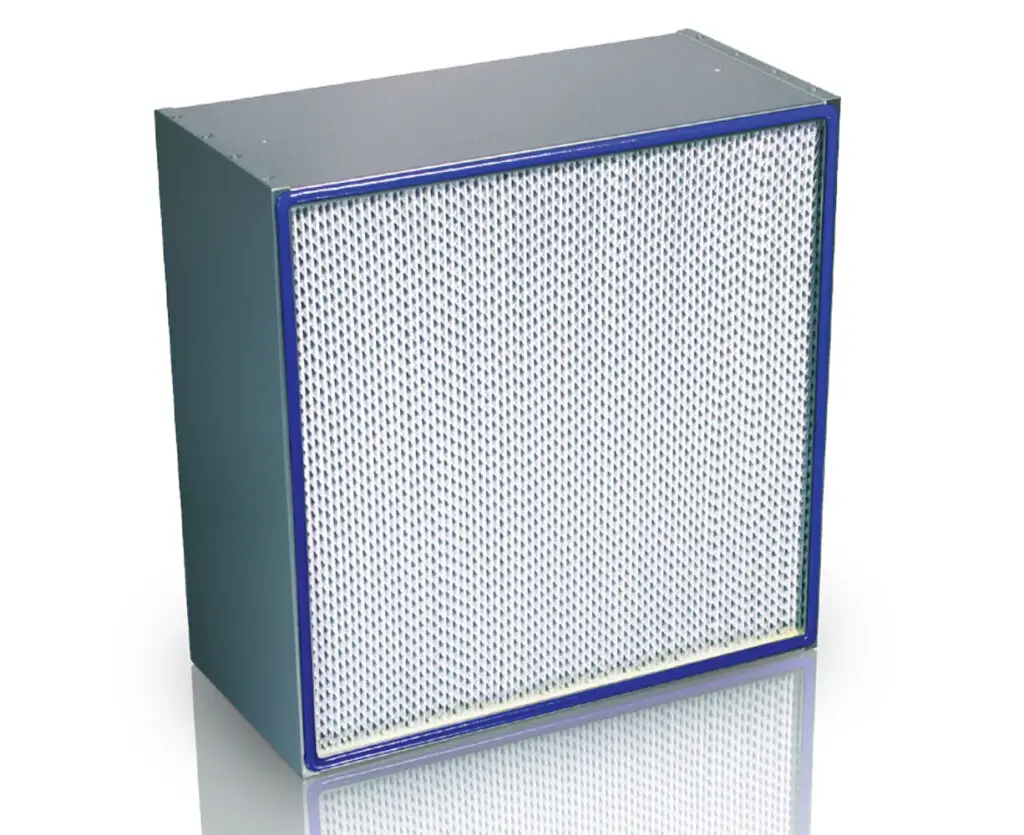
A similar test was conducted on other portable air purifiers. The reports have shown that other types of air purifier showed not beneficial for capturing the finest fragments of less than 50 microns.
As stated in the previous section, HEPA filters capture particles starting from 50 microns to 0.3 microns. The list includes types of compounds such as:
Pet dander
Pet dander is a microscopic flock of skin particles that can provoke allergic reactions and asthma.
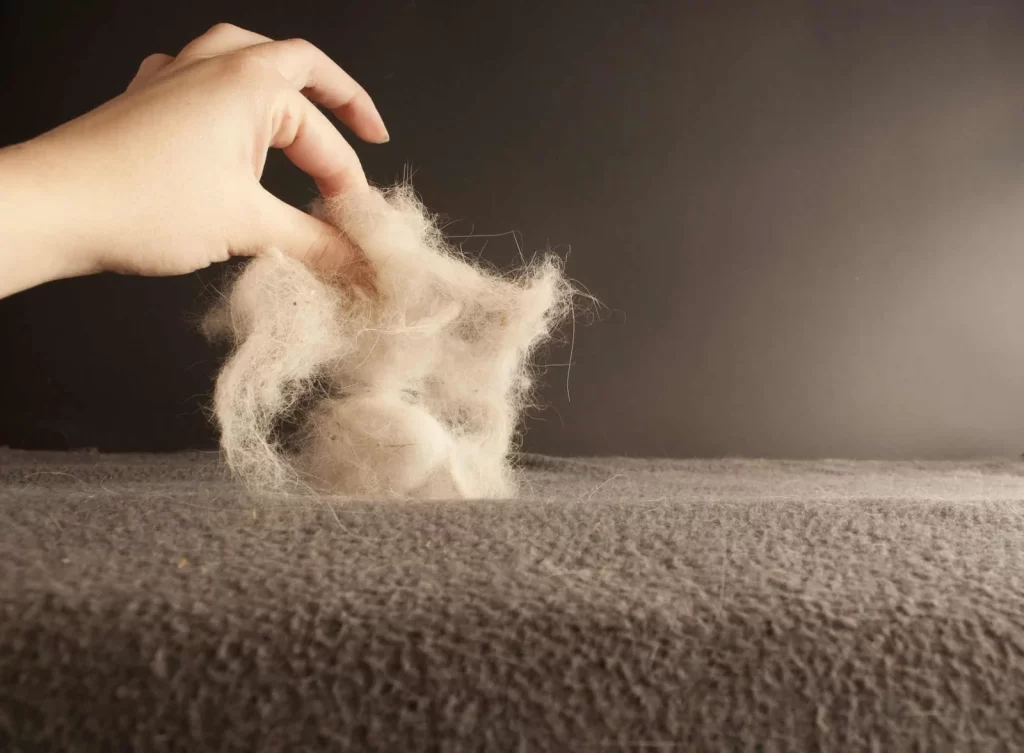
A regular vacuum cleaner cannot get rid of these smaller particles.
Fungi
A type of microscopic fungi that grows in damp spaces. These fungi of the Stachybotrys family are detrimental to health.
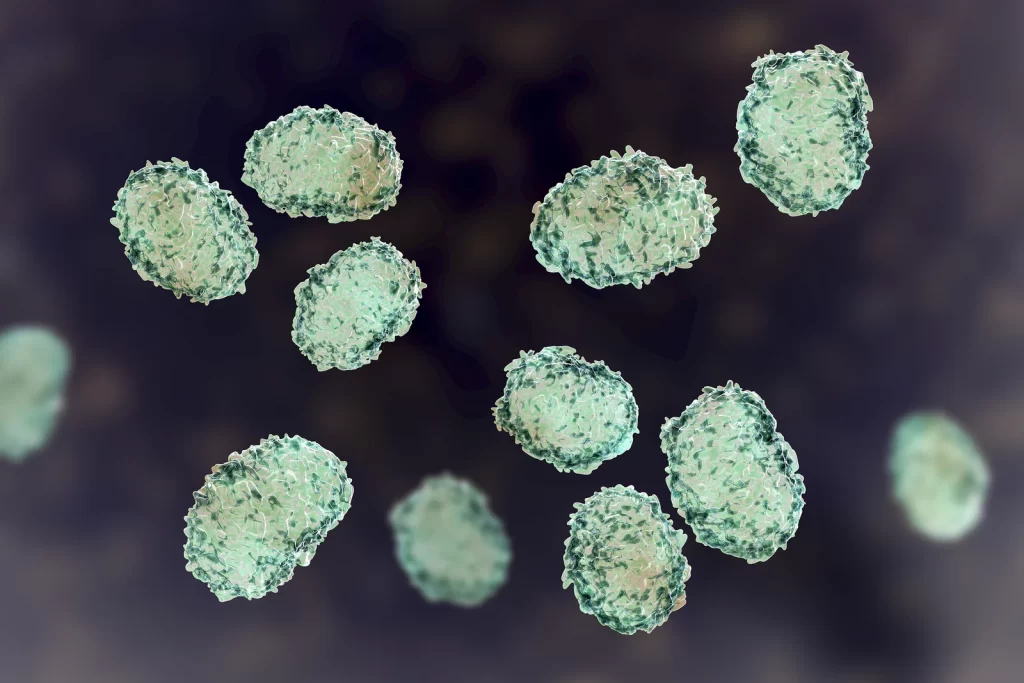
The constant inhalation of fungi particles may result in severe cases of asthma and other respiratory diseases.
Rodent and insect allergens
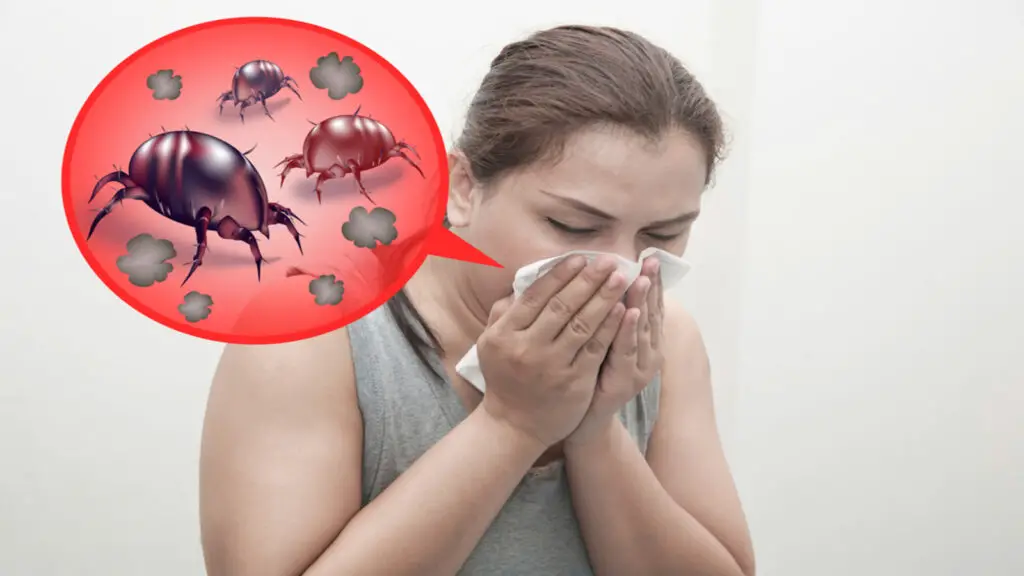
Particles of excrement and shed skin that triggers asthma and allergies.
Dust mites
Ultrasmall insect-like pests Dermatophagoides. They are known to trigger allergies and other skin conditions.
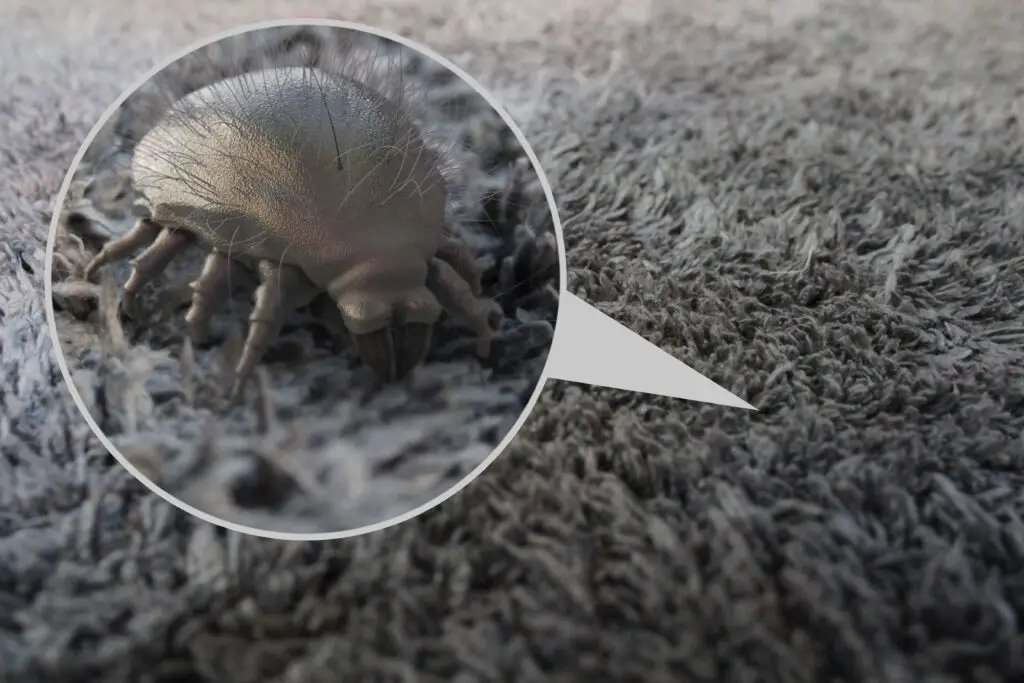
Dust mites often live in bedsheets and other areas near human skin. They are extremely difficult to get rid of.
Harmful gases
The list includes nicotine and secondhand smoke.
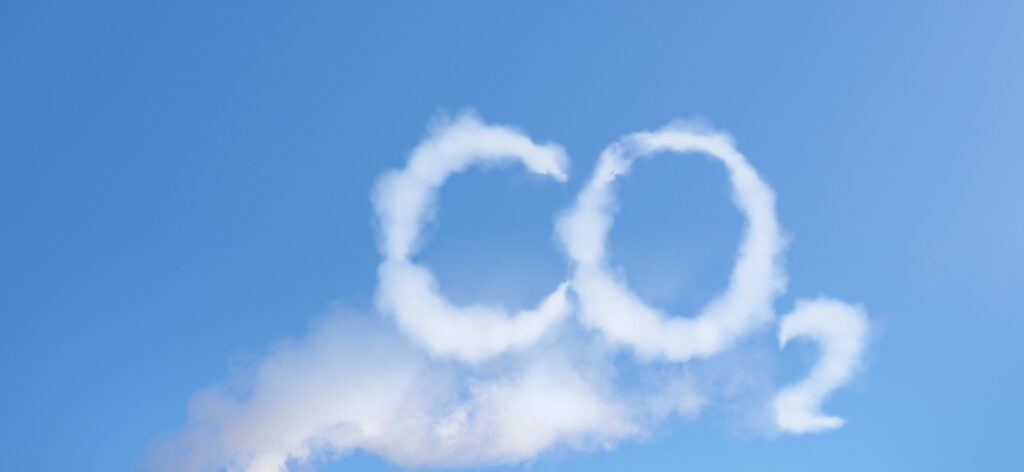
These gases work as irritants in respiratory systems and provoke respiratory reactions.
Volatile organic compounds
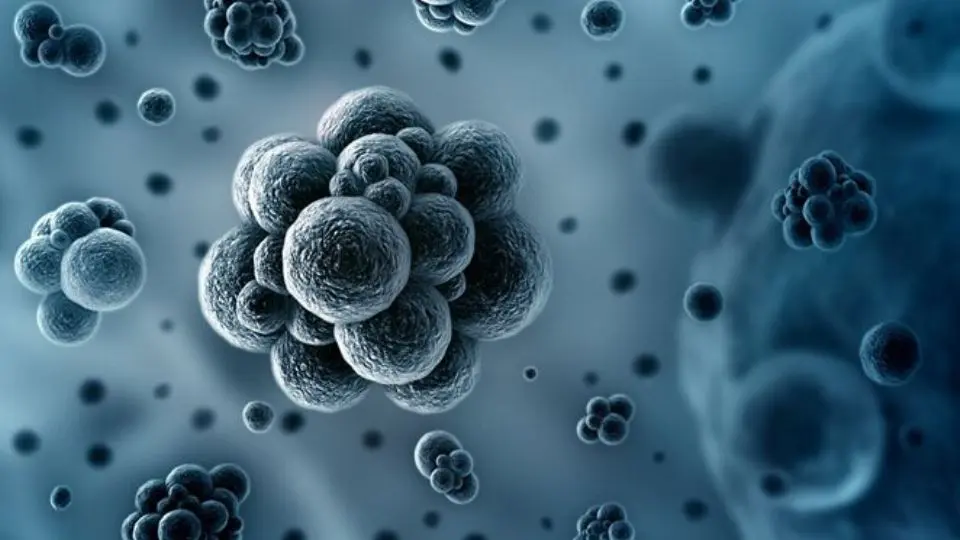
Human-made compounds. Some known compounds are benzene, aerosol sprays, and components of paint.
Viruses and bacteria
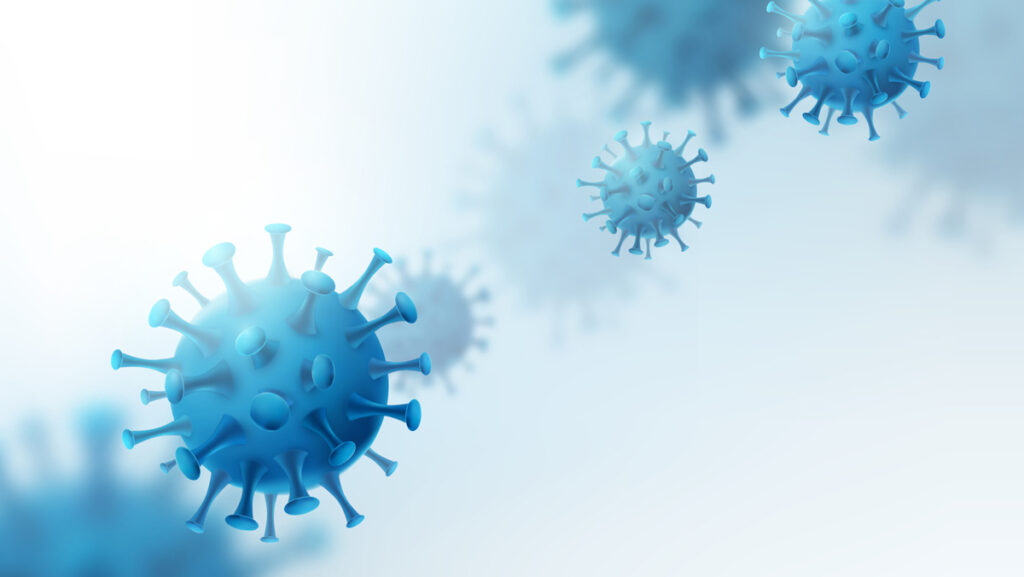
Free-living ultramicroscopic organisms. They are highly infectious and trigger respiratory diseases.
FAQ
What is the difference between true HEPA and HEPA?
Let us discuss the question of true HEPA vs HEPA. True HEPA filters have to fit the DOE (Department of Energy of the U.S.) requirements to be considered a true HEPA. DOE creates standards for HVAC systems like HEPA filters and controls several processes. These processes include manufacturing, repair, and deconstruction measures. DOE also works with creating manuals, instructions, etc. If the filter does not meet the HEPA filtration standard, it is not true HEPA.
Which is better ultra HEPA filter or true HEPA filter?
The Ultra HEPA filter is another HEPA-type filter that claims to capture 99.999% of harmful particles. Meanwhile, true HEPA filters remove 99.7%. The researchers have shown that despite claiming better performance, ultra HEPA filters lose out in competition with true HEPA air cleaners.
We need to take it on a smaller scale to understand the process of true HEPA and ultra HEPA filters. Let’s imagine HEPA filters as sieves. For instance, a true HEPA filter is coarser than an ultra HEPA filter. Thus, a true HEPA filter will clean more air than any other air purifier.
Is true HEPA the same as HEPA 13?
Let’s look at another HEPA vs. HEPA type filter question. As we mentioned earlier, a HEPA filter undergoes evaluation under DOE standards to be considered a true HEPA filter. Typical true HEPA filters known are HEPA 10 and 12. However, HEPA 13 stands a level above any true HEPA filter. HEPA 13 air filter is medical grade HEPA and has higher filtration efficiency.
What is the difference between HEPA 13 and true HEPA 12?
As discussed earlier, H12 is a HEPA-type filter graded according to DOE standards. Meanwhile, H13 is evaluated by medical standards. H12 is considered a HEPA-type filter standard. However, it does not stand in the same tier as H13. It would mean that we compare medical-grade HEPA to a commercial HEPA-type filter.
Conclusion
In this article, we discussed the properties of HEPA filters, their similarities, and differences, and their pros and cons in usage. Although there are several types of them, it is hard to pick an absolute HEPA filter.
To conclude, we would like to say that regardless of the type you choose, HEPA filters are great at increasing air quality and improving your health.

